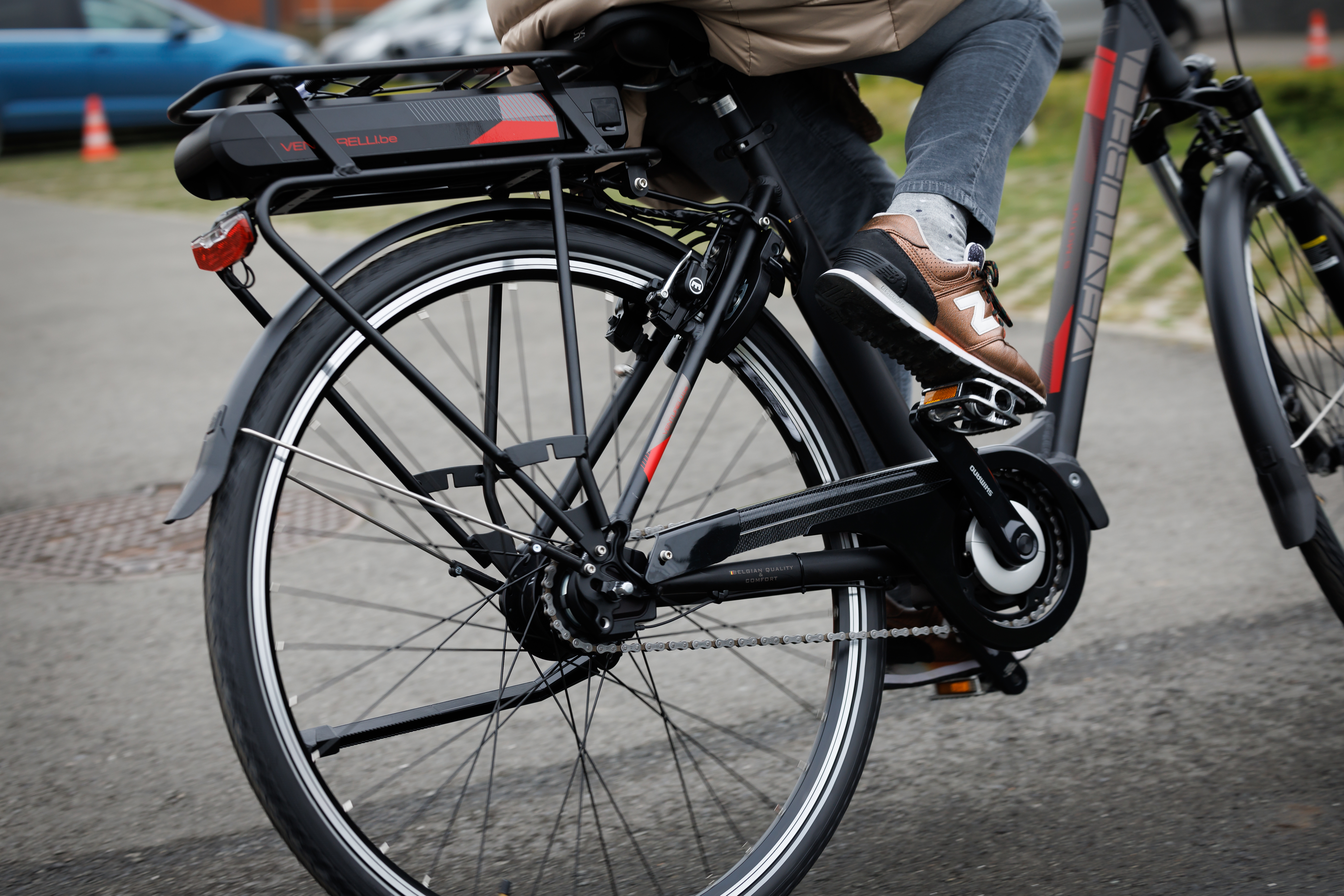
Federal mobility survey: commuter bike remains on the rise

Cycling continues its advance for commuting in Belgium. In general, there is an increase of 26,3% in cycling as a mode of transport for commuting /Belga
Cycling is becoming increasingly popular for commuting in Belgium, and employers are doing more to support sustainable mobility modes. This


Comments
Ready to join the conversation?
You must be an active subscriber to leave a comment.
Subscribe Today